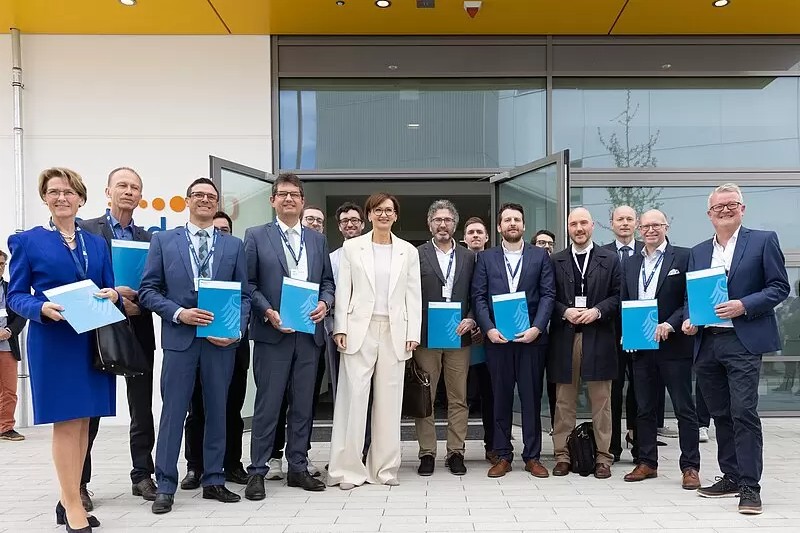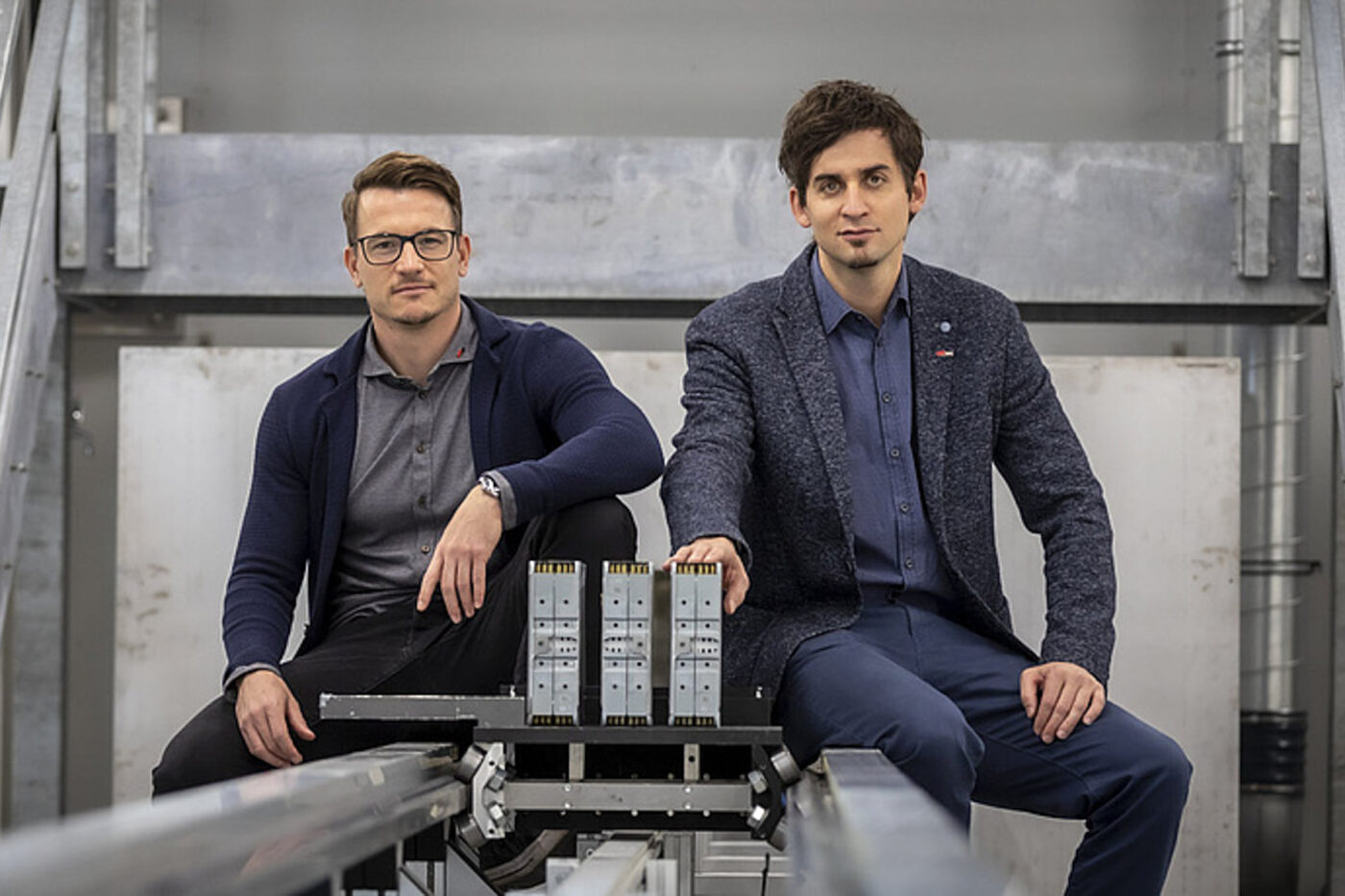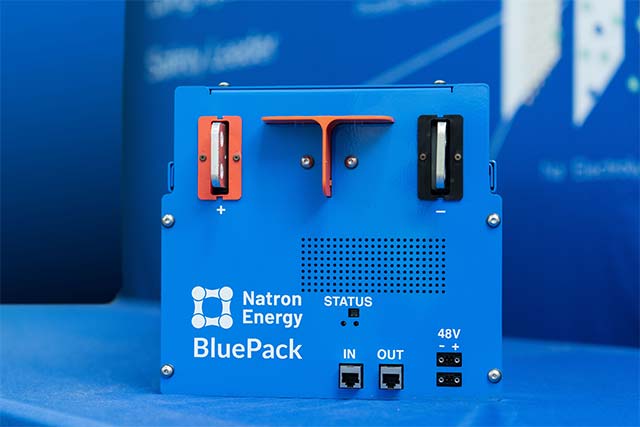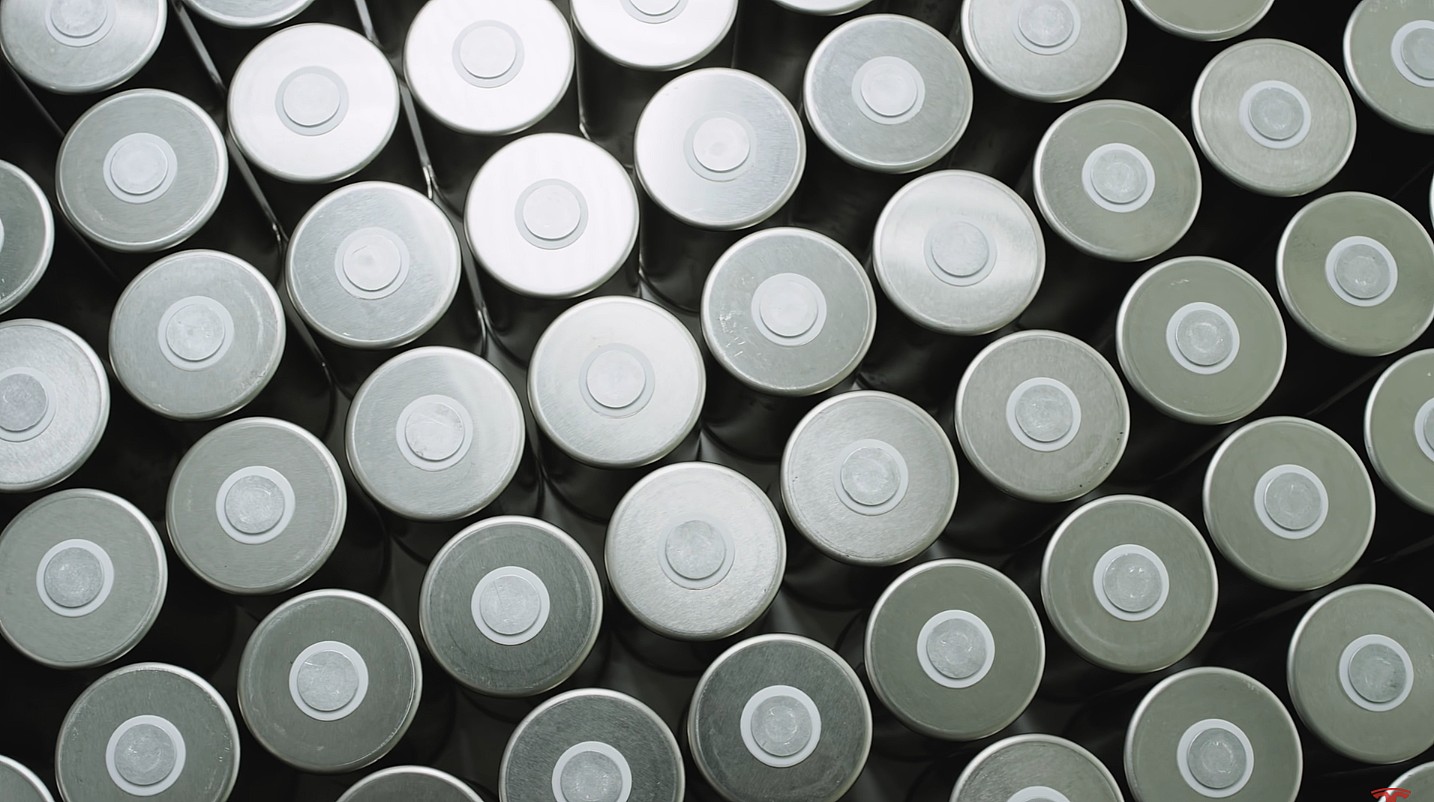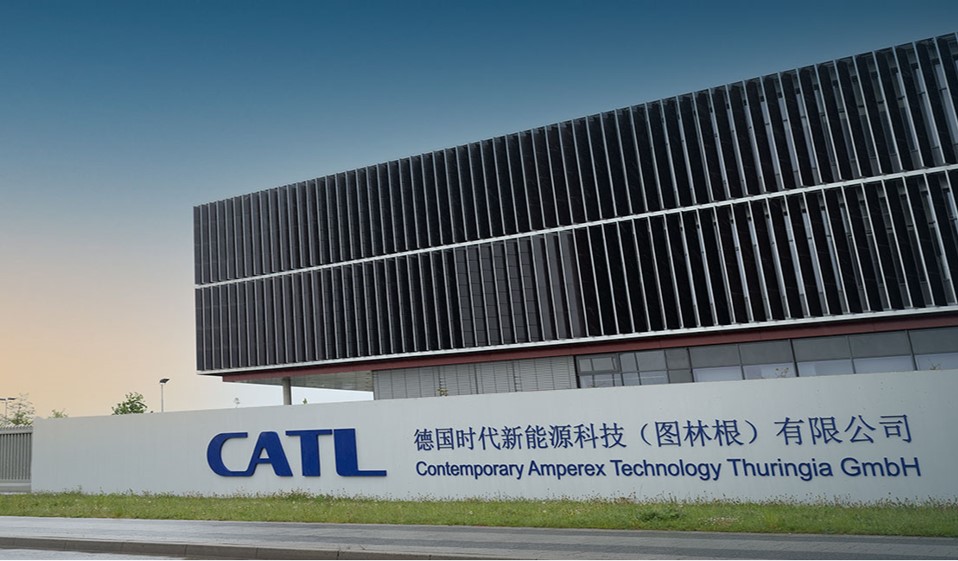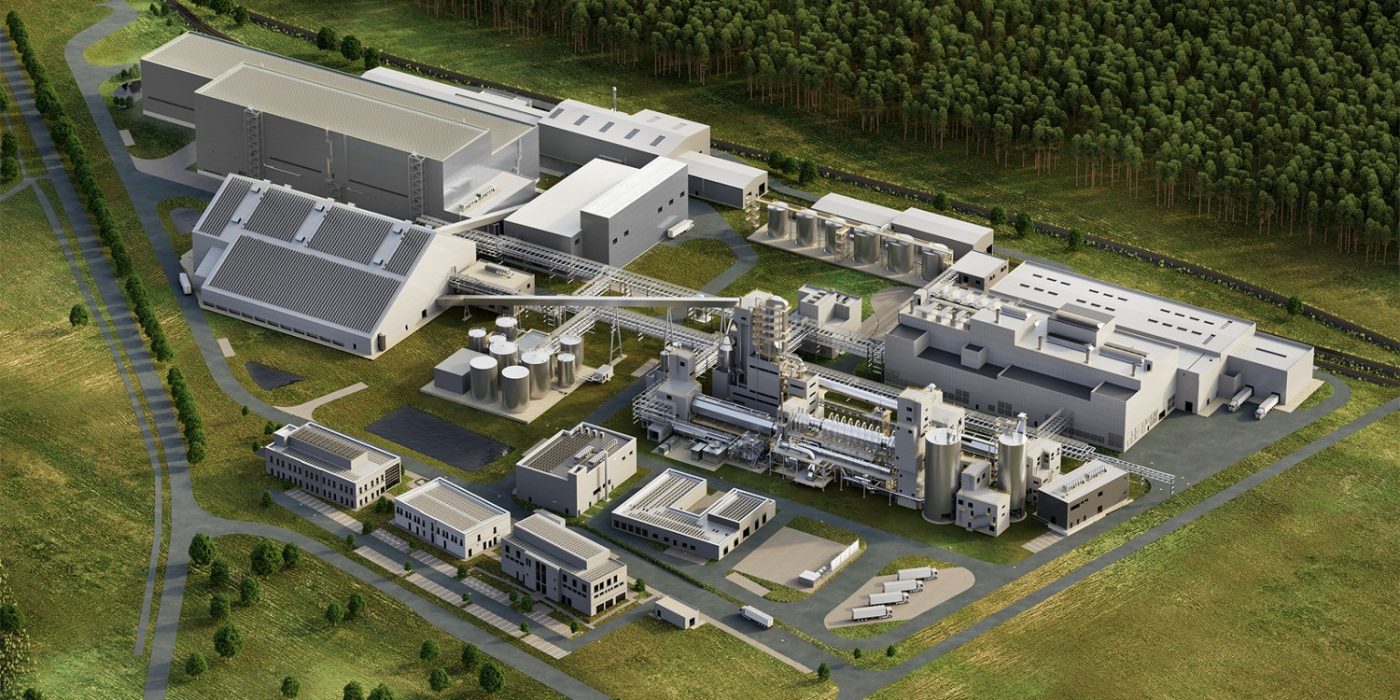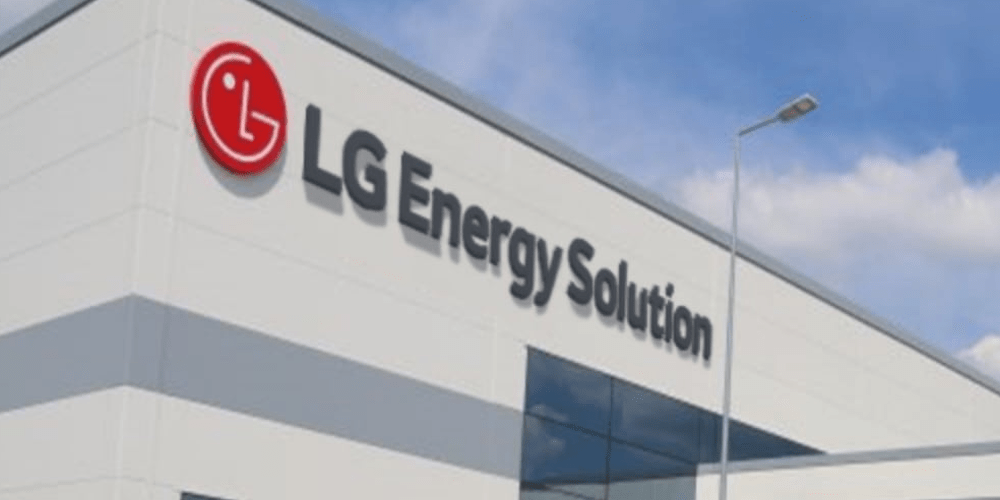Varta is spearheading the ENTISE research project, which aims to develop an innovative cell chemistry for sodium-ion batteries. The project, named ‘Development of Sodium Ion Technology for Industrially Scalable Energy Storage’ (ENTISE), is a collaboration between 15 companies and universities and is set to begin on June 1st for a duration of three years.
The core objective of the project is to create “industrially usable, high-performance and environmentally friendly cells,” as stated in a press release. The German Federal Ministry of Research and Education is funding the project with approximately 7.5 million euros.
The project will focus on producing sufficient quantities of the necessary materials to build laboratory samples and prototypes in round cell design. These components will then be upscaled and transferred from the laboratory to the pre-industrial sector for further evaluation in practical application scenarios such as electric vehicles and stationary storage systems.
According to Rainer Hald, CTO of Varta AG, sodium-ion batteries have the potential to contribute significantly to the decarbonization and electrification of various sectors. He views the funding of the ENTISE project as crucial for advancing sustainable sodium-ion battery technology in Germany and Europe.
The project also aims to improve the storage capacities of the cathode and anode, as well as the cycle stability of sodium-ion batteries. An accompanying technical, economic, and ecological evaluation will complement the project’s goals.
Sodium-ion batteries have garnered attention in recent years due to their potential cost reduction benefits in the electric vehicle sector. Major players in China, such as BYD, Huaihai, CATL, and Zoolnasm, are increasingly investing in sodium-ion battery production. This trend underscores the growing interest and potential of sodium-ion batteries in the global battery market.

